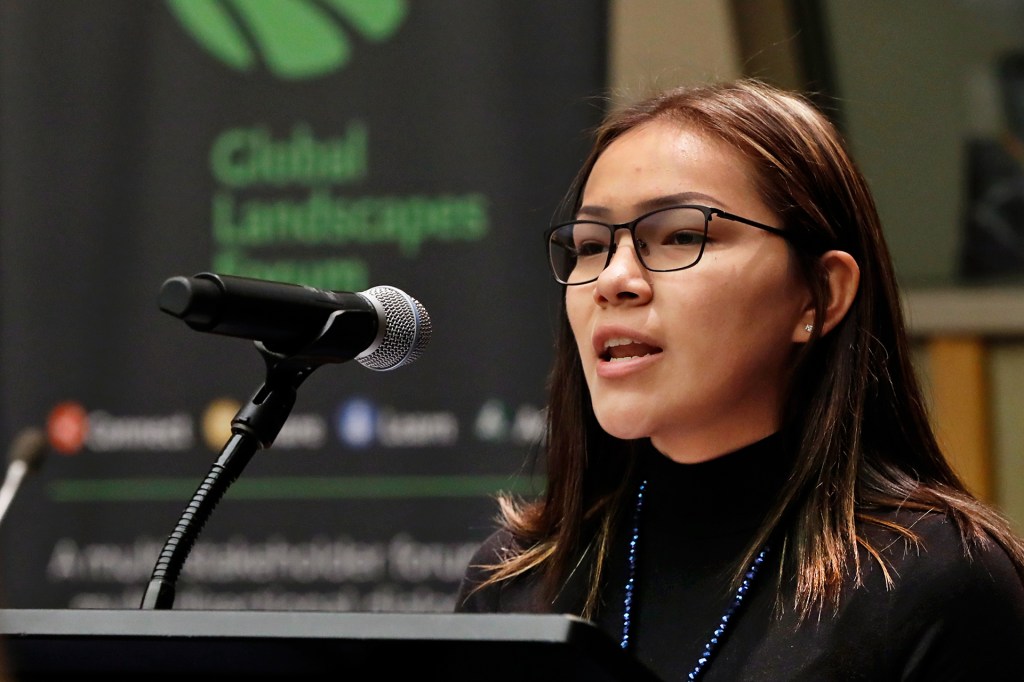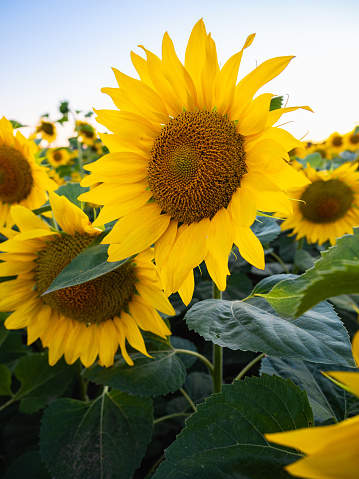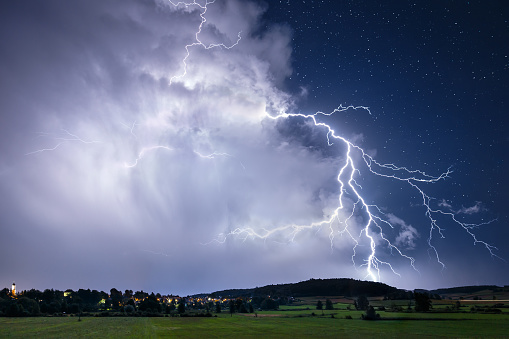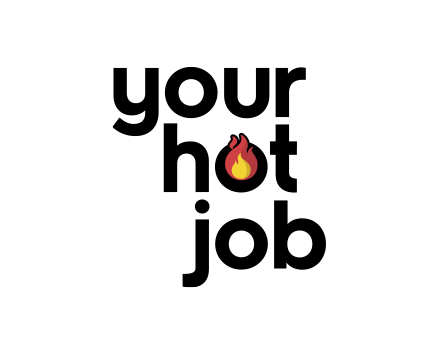8 Questions for Autumn Peltier

A member of the Wiikwemkoong First Nation, Autumn Peltier, 16, lives in Canada. She advocates for clean water for Canada’s indigenous
indigenous
 TORRIPHOTO—GETTY IMAGES
native to a particular place
(adjective)
Wild sunflowers are indigenous to North America.
population. TFK Kid Reporter Pranav Mukhi spoke with her about the power of youth activism.
TORRIPHOTO—GETTY IMAGES
native to a particular place
(adjective)
Wild sunflowers are indigenous to North America.
population. TFK Kid Reporter Pranav Mukhi spoke with her about the power of youth activism.
1. What does water mean to First Nations people?
We believe that we are part of the land, and that we come from the land. We learn that we have a right to protect the land and protect the water.
2. What problems do indigenous communities in Canada face when it comes to water?
They often have little access to clean drinking water because of landfills, oil spills, or old mining sites. For more than 20 years, these communities have been told to boil their water [to make it safe].
3. I heard that you took your concerns to Justin Trudeau, the prime minister of Canada.
I met him in 2016. I told him, “I’m very unhappy with the choices you made and the broken promises to my people,” and I started crying. He said, “I will protect the water.”
4. What has the prime minister done since then?
He promised to solve all “boil water” advisories
advisory
 Massive lightning bolt on 30.07.2017 at Zusmarshausen west of Augsburg (Bavaria).
a warning or an alert, often one that recommends an action to be taken
(noun)
The weather advisory said to expect a thunderstorm tonight.
in Canada by March 2021. But there are still 54 advisories in First Nations communities, 44 in Ontario alone.
Massive lightning bolt on 30.07.2017 at Zusmarshausen west of Augsburg (Bavaria).
a warning or an alert, often one that recommends an action to be taken
(noun)
The weather advisory said to expect a thunderstorm tonight.
in Canada by March 2021. But there are still 54 advisories in First Nations communities, 44 in Ontario alone.
5. You represent 39 First Nations in Ontario as the chief water commissioner. What is your role?
I take ideas, questions, and concerns about water from the communities to our council leaders. And I have a say in decision-making.
6. Do you ever work with other water activists?
I know a lot of children my age, some older and some younger, who are doing the same work. It gives me hope and courage to know there are others out there.
7. How can we protect the world’s water?
There are industries that are trying to do things like dump toxic waste into the Great Lakes. We we can try to talk to them and raise our concerns. Clean drinking water is a basic human right.
8. What would you tell kids who want to speak out on behalf of others or the environment?
It is important to speak up for those who are too afraid to speak up. It can be as easy as writing to your local leaders. The message is so much more powerful when it comes from a young person. You can be the light in someone’s darkness.
This interview has been edited for length and clarity.













